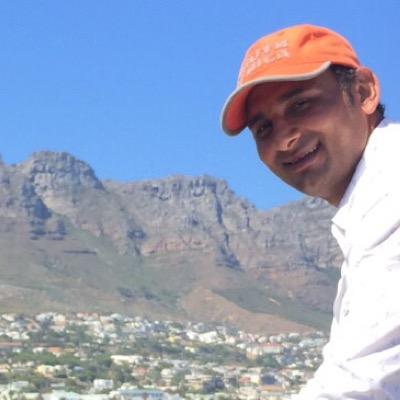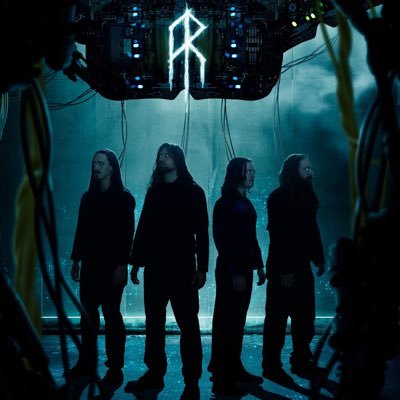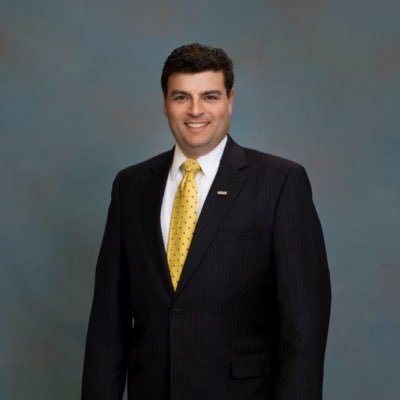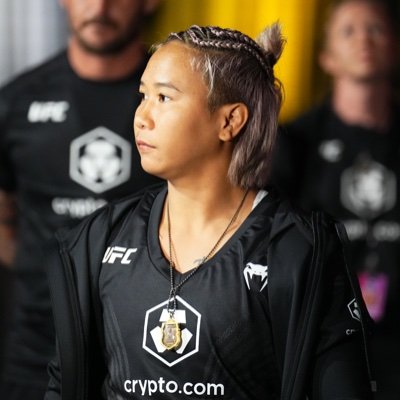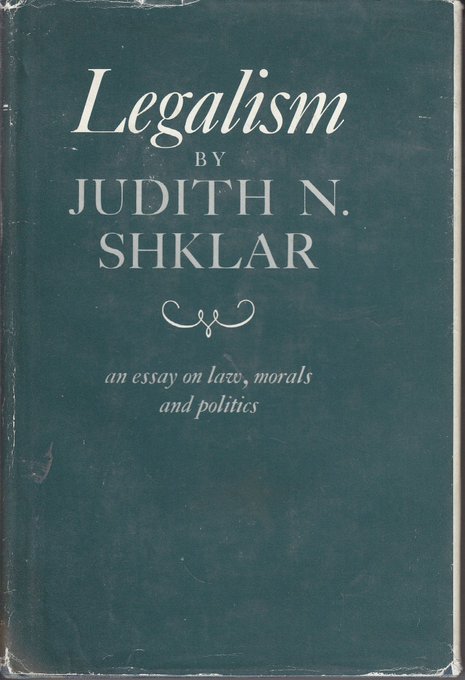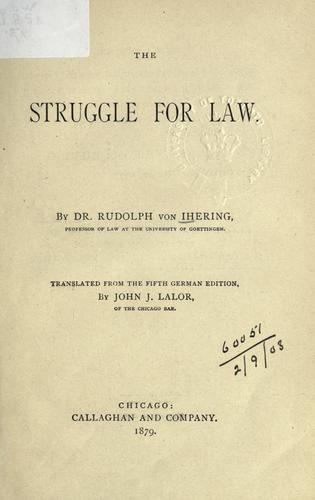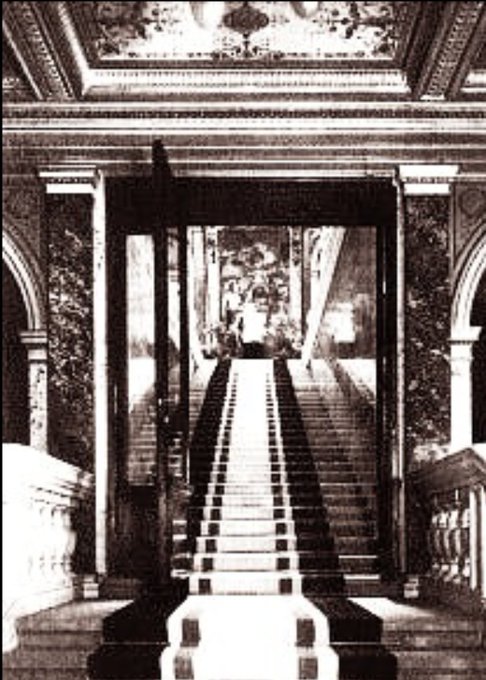
Alani Golanski
@alanigolanski
Followers
8,195
Following
2,362
Media
4,786
Statuses
10,468
James Kent Scholar, legal philosophy @ColumbiaLaw -- philosophy @GC_CUNY -- Ghanaian music @CalArts -- Partner/Director @weitzluxenberg (own 2 cents).
Brooklyn, NY
Joined February 2015
Don't wanna be here?
Send us removal request.
Explore trending content on Musk Viewer
Maggie Smith
• 746199 Tweets
Netanyahu
• 580584 Tweets
Beirut
• 425902 Tweets
Nasrallah
• 260382 Tweets
Zelensky
• 260337 Tweets
Harry Potter
• 202034 Tweets
بيروت
• 143908 Tweets
حسن نصر
• 108625 Tweets
الزمالك
• 101070 Tweets
Acapulco
• 92825 Tweets
I-40
• 70557 Tweets
Downton Abbey
• 69619 Tweets
マクゴナガル先生
• 49762 Tweets
#الاتحاد_الخليج
• 47750 Tweets
حامد
• 34088 Tweets
Van Gogh
• 27088 Tweets
Willie
• 26149 Tweets
FONDEN
• 24207 Tweets
Rennes
• 15702 Tweets
Dortmund
• 14815 Tweets
#حسن_نصر_الشيطان
• 13761 Tweets
Barcola
• 13186 Tweets
#السوبر_الافريقي
• 11924 Tweets
Last Seen Profiles
This volume (1937) was a political science staple for three decades - Plato to fascism - George Sabine professor of philosophy
@Cornell
, also a carpenter and blacksmith, assisted Herbert Marcuse with his 1941 work Reason and Revolution.
5
68
471
My professor of European literature, Vladimir Nabokov, changed the way I write. Choosing the right word, and the right word order, could make an enormous difference.
-- Ruth Bader Ginsburg
#RBG
2
43
190
Legal philosopher David Lyons
@BU_Law
: "It appears reasonable to conclude that a legal system does not automatically merit the respect that we might give it by our obedience. Law must earn that respect."
0
41
146
@numinosity
@mfgrp
@Bob_Wachter
@SWAtlasHoover
You can now look forward to a letter from Kasowitz Benson Torres LLP.
1
1
118
Justice Alito is our own Carl Schmitt, for whom it's the exception, not the state of normality, that defines what normal means.
6
16
122
Remarkable exchanges on themes in
@JeremyJWaldron
's new volume, including individuals' self-application of legal norms, and the balancing of rule of law aspirations toward certainty, predictability, coherence .. with its commitment to agency, dignity, thoughtfulness.
What a wonderful webinar with an arguably the greatest living philosopher of law, on his new book about the rule of law. From the left: Lisa Burton Crawford, Jeremy Waldron
@JeremyJWaldron
(on the screen, author of Thoughtfulness and the Rule of Law) and me, W. Sadurski.
3
11
80
0
34
110





